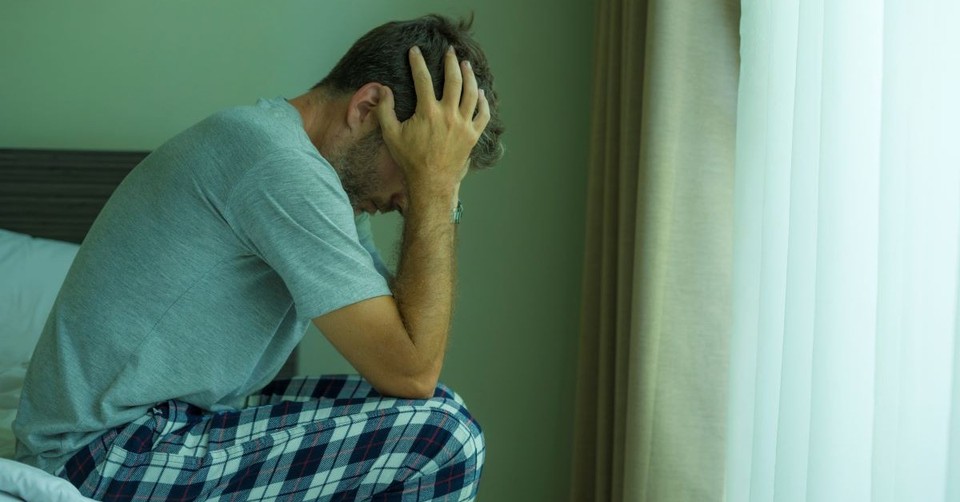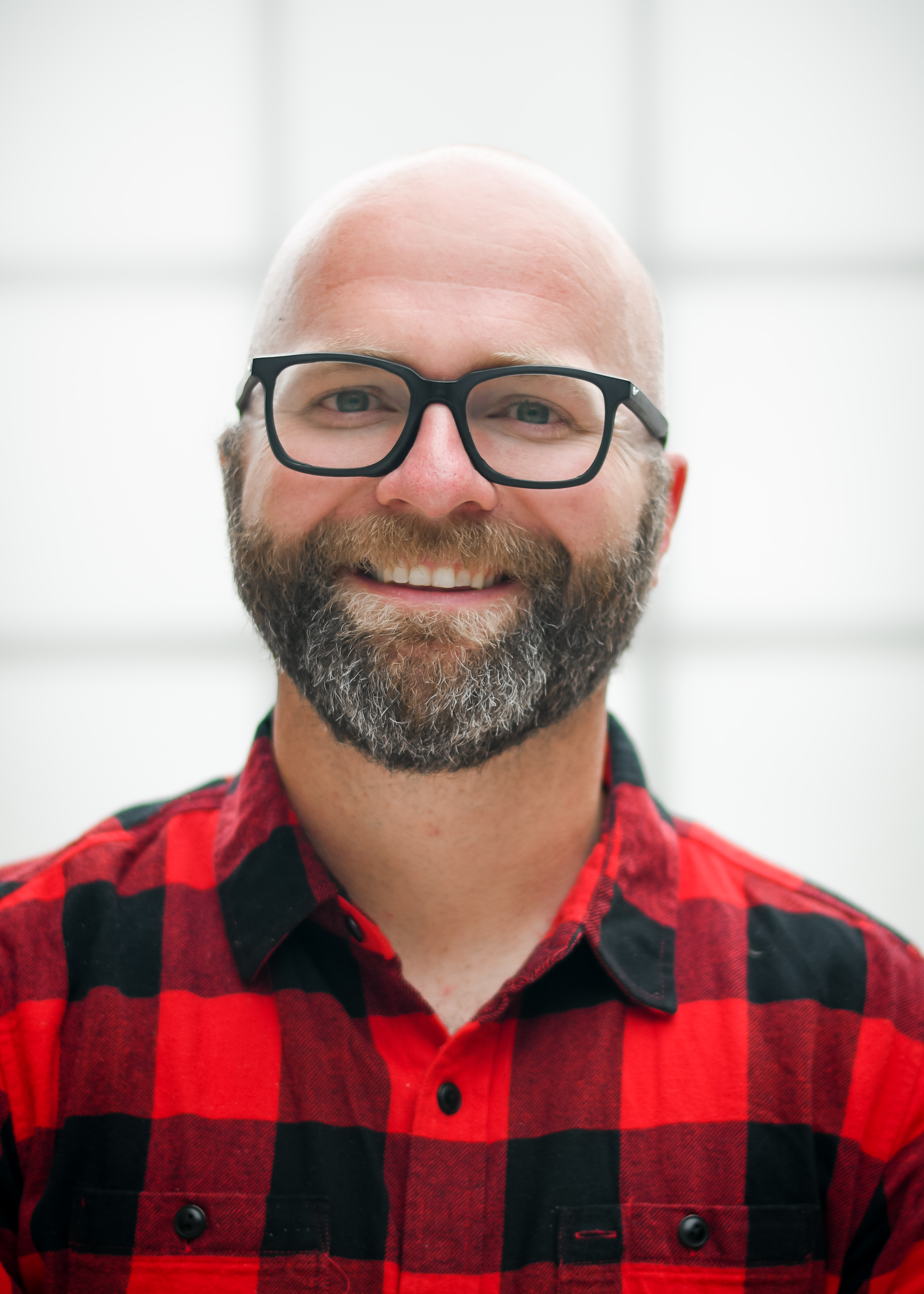How to Combat the Post-COVID Pandemic of Mental Illness

As we begin to see an end to the COVID-19 pandemic (could it be true?), a new outbreak is beginning. Specifically, an outbreak of mental health crises affecting everyone from elementary school kids to the elderly in nursing homes.
According to Fair Health, overdoses are up 119% in kids 13-18 years old compared to numbers from 2019. For the same age group, anxiety is up 94%, along with depression spiking 84% higher. Last July, the director of the CDC said he’s seeing higher rates of drug overdoses and suicide in high school students than cases of COVID-19.
An investigation done by ABC News found that approximately 3 million K-12 students seem to have simply “fallen off the grid, not showing up for online or in-person instruction, their whereabouts unknown by school officials.”
The nonprofit, Physiologist First, said it best in a tweet: “Kids are vulnerable. Their mental health is just the easiest to ignore,” while depression has tripled in U.S. adults since the pandemic began.
As virus numbers trend downward, these kinds of numbers, including rates of domestic violence and divorce, keep going dangerously upward!
How Can We Combat This?
There’s no simple solution for a crisis like this. Much like we saw with the COVID-19 pandemic, treatments and a plan of action are not always easy to find. I’m not here to tell you “these five steps will take you from suicidal to singing a hymn,” or that I know exactly how to solve the current mental health crisis facing our country. If I did, we wouldn’t need to have conversations like this. But I am here to tell you that there’s hope—a hope found in a Savior named Jesus—and there are people much wiser than me out there who have dedicated so much of their time, and really their lives, to confronting mental health battles head-on.
One of those people is Heather Palacios. She is the founder of Wondherful, a central location for those struggling with their mental health to turn to for hope, healing, and practical resources like treatment centers, Christian counselors in the area, and books and Bible verses specifically geared toward mental health. Heather is available practically 24/7 via email to point those who are struggling in the right direction and be there as an encourager and accountability partner. Why? Because she’s struggled with suicide herself for the majority of the 39 years she’s been on this planet.
I would encourage you to go check out Wondherful, whether you’re currently struggling with anxiety, depression, or suicidal thoughts, you have in the past, or you know someone who is. But in addition to that, she has put together an acronym that I believe can help us battle through this continuing outbreak, whether we’re struggling from the year we’ve just had, or we face mental health challenges for any and every reason.
If you’ve heard Heather speak, or even if you’ve just scrolled through her Instagram for a couple of minutes, you’ll realize pretty quickly that this acronym, this action plan, is so her. The acronym is CRAY, and here’s what it means for all of us:
C: Counteract With the Book
Heather doesn’t mean just any self-help book here. Rather, she’s talking about the Bible—the Book of Life, God’s Word of hope for you and me. The Bible has been a rescue manual for her, and it can be the same for us.
It’s a double-edged sword, an offensive and defensive weapon. When the enemy comes at us with words that we know are not true, we can defend ourselves and counteract those thoughts with the Word of God. The same is true offensively. We can go out and scare the enemy away with the words that we know are true.
Counteract with the Book when you’re being attacked. The Word of God has the power to save and defend.
R: Receive Christian Help
Get Christian counseling. Whether you’d consider yourself a Christian or not, Heather highly recommends seeing a Christian counselor when it comes to mental health. When we’re struggling to simply put one foot in front of the other, we don’t need theories, stats, or opinions; often we need someone who will speak truth into our lives so we can summon the will to live another day. That’s what Christian counseling is all about.
One of God’s names is Wonderful Counselor, so He needs to be in the office or on the telemed when we’re receiving that counsel, not just another talking head to tell us we’re doing okay (not to say that non-Christian counselors are bad or less-than, but specifically when you’re struggling with mental health as a Christian, seeking out a Christian counselor is a game-changer).
Don’t hesitate to reach out to a Christian counselor. And if you can’t find one, ask your local church.
A: Ask about Medicine
The A in CRAY is simply this: sometimes you need to ask about medicine when you’re dealing with a mental health crisis. This is definitely controversial, especially in the Christian community when we’ve often been told that with enough faith and prayer our suicidal thoughts, our anxiety, or our depression will simply go away.
Sometimes God works like that. But sometimes God works through medication, too.
If you’ve ever found yourself asking, “Why God? Why God? Why God?” when it comes to your mental health struggles, maybe it’s time to ask Him, “Now what?” and consider medication as that “Now what?” next step.
Heather emphasizes that when deciding whether or not to take medicine to consult your Three: the three closest or most influential people in your life that you regularly allow to speak into your life as a whole. For Heather, those people are her husband, Jesus, and her counselor. If all three line up and agree you could try medicine, try medicine.
Y: Yield to You
The word “yield” means to give or to supply. This final letter in CRAY tells us that we need to yield (or give) to ourselves and stop feeling bad about it. Because the thing is, you are the only one of you. There is no backup for you, for me, for anyone else in your life, and because of that, we need you to live, and to live as the healthiest version of yourself possible, because there’s not another one of you.
Sometimes we need to do things for ourselves that will keep us healthy and keep us here on Earth. If we give in to what the enemy is telling us and let our anxiety, depression, or suicidal thoughts win, there will never be another one of us, and that’s devastating. So, do what you need to do to get and be healthy, whatever that looks like.
You are needed on this Earth, so keep going, and yield to yourself to do that.
The letters of this acronym are not the end-all, be-all solution to the battles we’re facing today, but I know firsthand that Heather’s wisdom works, and that it’s worth it to do the work to get healthy again. It’s been a crazy year, in more ways than one, but we need to combat this new outbreak of mental health struggles head-on if we want to come out the other side declaring victory.
So, get CRAY! In the most meaningful sense of the word. Counteract with the Book, receive Christian help, ask about medicine, and yield to you. God has so many amazing things planned for your life specifically, and I personally can’t wait to see what’s in store.
Photo Credit: ©GettyImages/Marcos Calvo

Originally published March 25, 2021.







